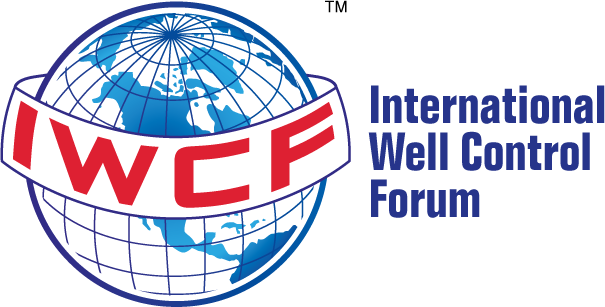The IWCF Board of Trustees consists of elected members from our Regional Branches. The Board of Trustees agree on all IWCF policies and procedures and work closely with the Chief Executive Officer, who implements the agreed policies and manages all day-to-day activity of IWCF.
Each IWCF member is assigned to one of our regional Branches based on the member’s geographical location. Each Branch has a Chairperson which makes up our Board of Trustees.
Members have the opportunity to attend regional branch meetings to discuss ideas, suggestions and issues within the industry. Your Branch Chairperson can then take your feedback to the Board of Trustees to help drive continuous improvement within our organisation.
Click here to download the list of our Board of Trustees.



